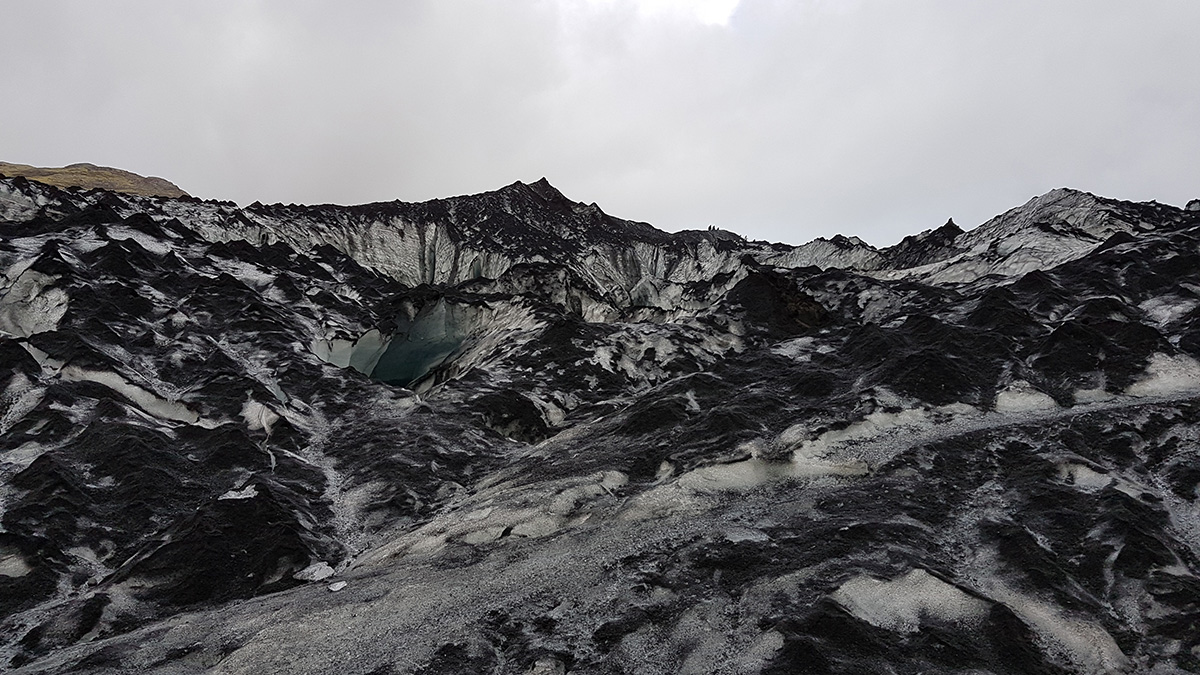How important is black carbon to the Arctic climate?

Black carbon mitigation at all latitudes is important for reducing the amount of atmospheric black carbon in the Arctic, shows recent research.
Climate models simulated how black carbon (BC) is transported to the Arctic and how its future influence on the climate changes, if BC emissions are reduced in different parts of the world. The study showed that mitigating black carbon emissions in any latitude reduces the amount of black carbon in the Arctic atmosphere.
With these mitigations in place, the reduced absorption of sunlight due to the reduced black carbon concentration leads to cooling. However, the effect that the reduction has on clouds counter-acts this cooling and introduces large uncertainties.
According to the study the effects of BC mitigation on human health are much clearer: the more emissions are reduced the lower is the human mortality due to BC particles. This improved health is most noticeable close to the emission sources.
A unique collaboration of research groups from the fields of climate modelling, environmental sciences, and climate law has studied how black carbon affects the Arctic climate and human health. The results of the study are published in the scientific journal Atmospheric Chemistry and Physics.
Black carbon warms the atmosphere and accelerates snow melt
Atmospheric black carbon is one major component of atmospheric aerosol. They are microscopically small particles that are suspended in the air. Mitigation of BC is one possibility to slow Arctic warming in the near future. This is because BC can absorb sunlight and thereby warm the atmosphere.
When BC is deposited on snow or ice, it can also accelerate snow and ice melt. On the other hand, BC particles can also affect cloud formation, which can either lead to additional warming or cooling. Therefore, the total climatic effect of BC mitigation is hard to assess.
Further information:
researcher Thomas Kühn, Finnish Meteorological Institute, tel. +358 50 4778938, Thomas.Kuhn@fmi.fi
Kühn, T., Kupiainen, K., Miinalainen, T., Kokkola, H., Paunu, V.-V., Laakso, A., Tonttila, J., Van Dingenen, R., Kulovesi, K., Karvosenoja, N., and Lehtinen, K. E. J.: Effects of black carbon mitigation on Arctic climate, Atmos. Chem. Phys., 20, 5527–5546, https://doi.org/10.5194/acp-20-5527-2020, 2020.
